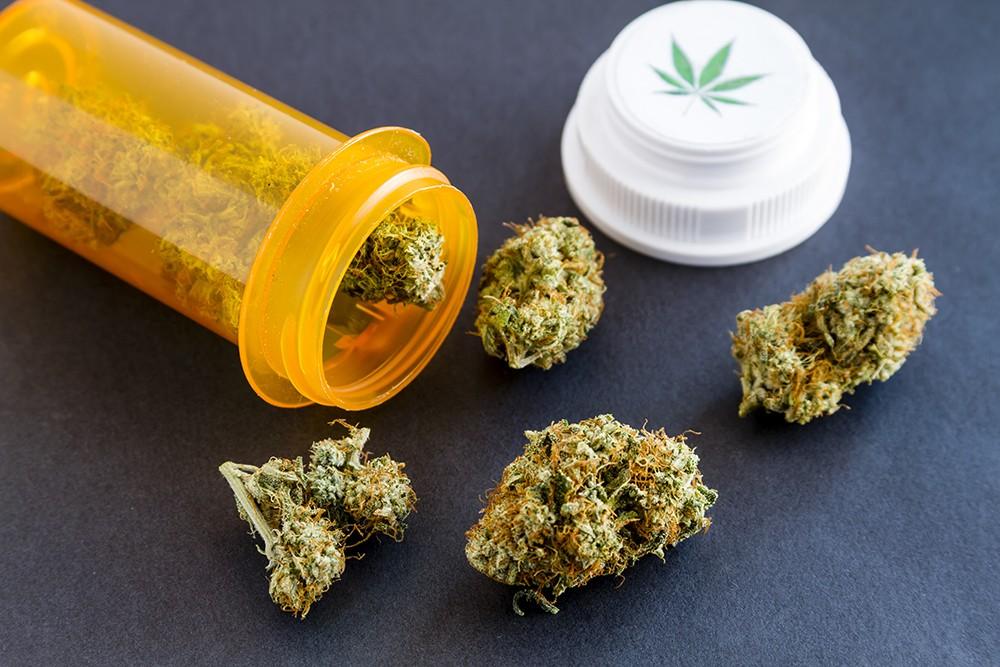According to a new study medical cannabis reduces pain, opioid use and depression among those 65 and older.

The study, published in the journal Biomedicines, is titled Medical Cannabis Is Not Associated with a Decrease in Activities of Daily Living in Older Adults. It was conducted by researchers at Soroka University Medical Center, Ben-Gurion University of the Negev, Clalit Health Services and Tel Aviv University, all in Israel.
As noted by the study, “The proportion of older adults using medical cannabis is rising.” Therefore, researchers “aimed to assess the effects of herbal medical cannabis on the functional status of older adults.”
Researchers “conducted a prospective observational study of patients aged 65 years or older that initiated cannabis treatment for different indications, mostly chronic non-cancer pain, during 2018–2020 in a specialized geriatric clinic.”
The outcomes assessed were activities of daily living (ADL), instrumental activities of daily living (IADL), pain intensity, geriatric depression scale, chronic medication use, and adverse events at six months.
Researchers used a cohort of 119 patients who began cannabis treatment: the mean age was 79.3 ± 8.5 and 74 (62.2%) were female.
“The mean ADL scores before and after treatment were 4.4 ± 1.8 and 4.5 ± 1.8, respectively (p = 0.27), and the mean IADL scores before and after treatment were 4.1 ± 2.6 and 4.7 ± 3, respectively (p = 0.02)”, states the study.
“Cannabis contributes to the amelioration of depressive symptoms”, the study says, :while also achieving discernible pain alleviation.”
The study concludes “that medical cannabis in older adults has a number of serious adverse events, but was not associated with a decrease in functional status, as illustrated by ADL and IADL scores after six months of continuous treatment.”
The full study can be found by clicking here.







